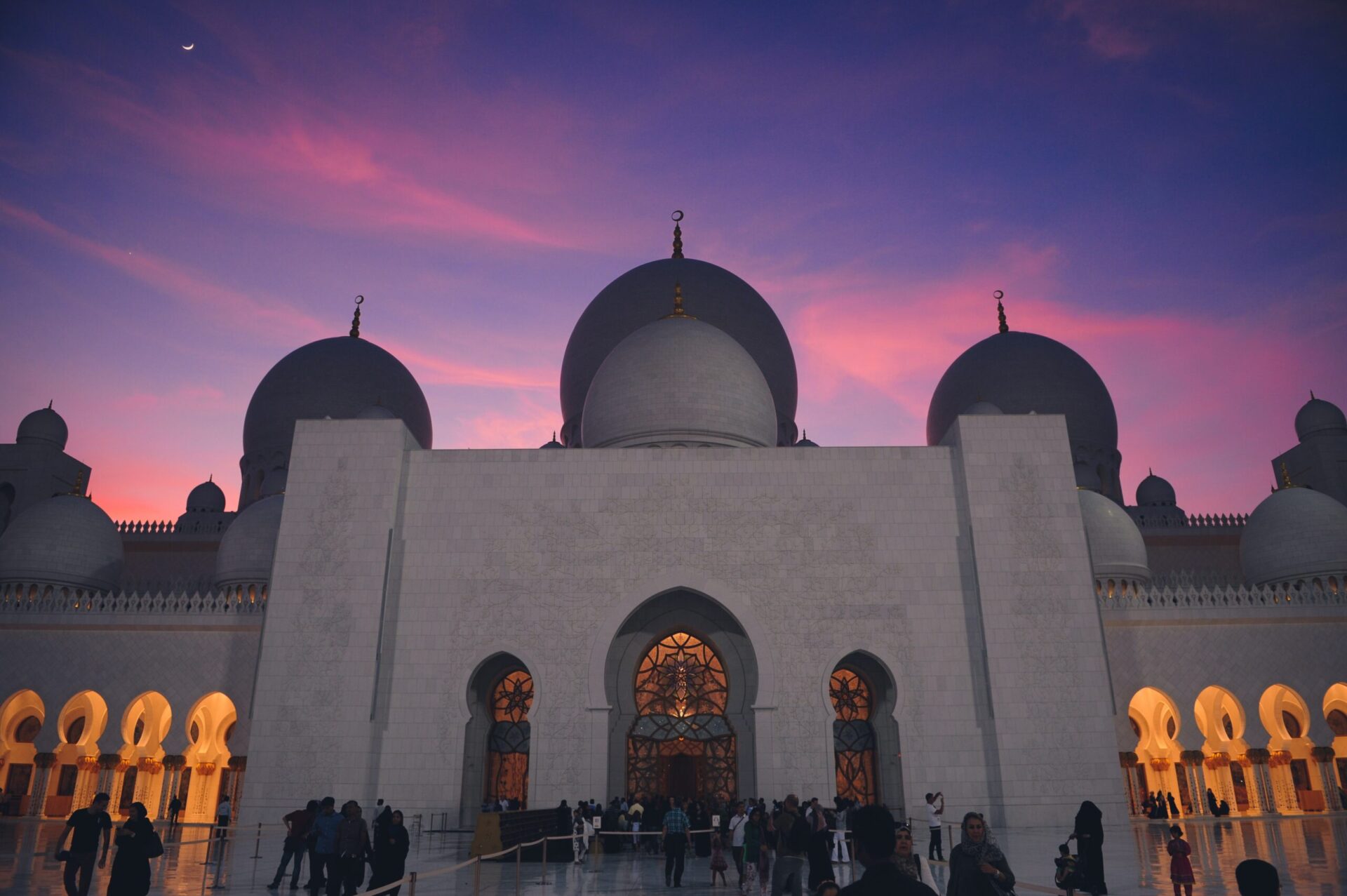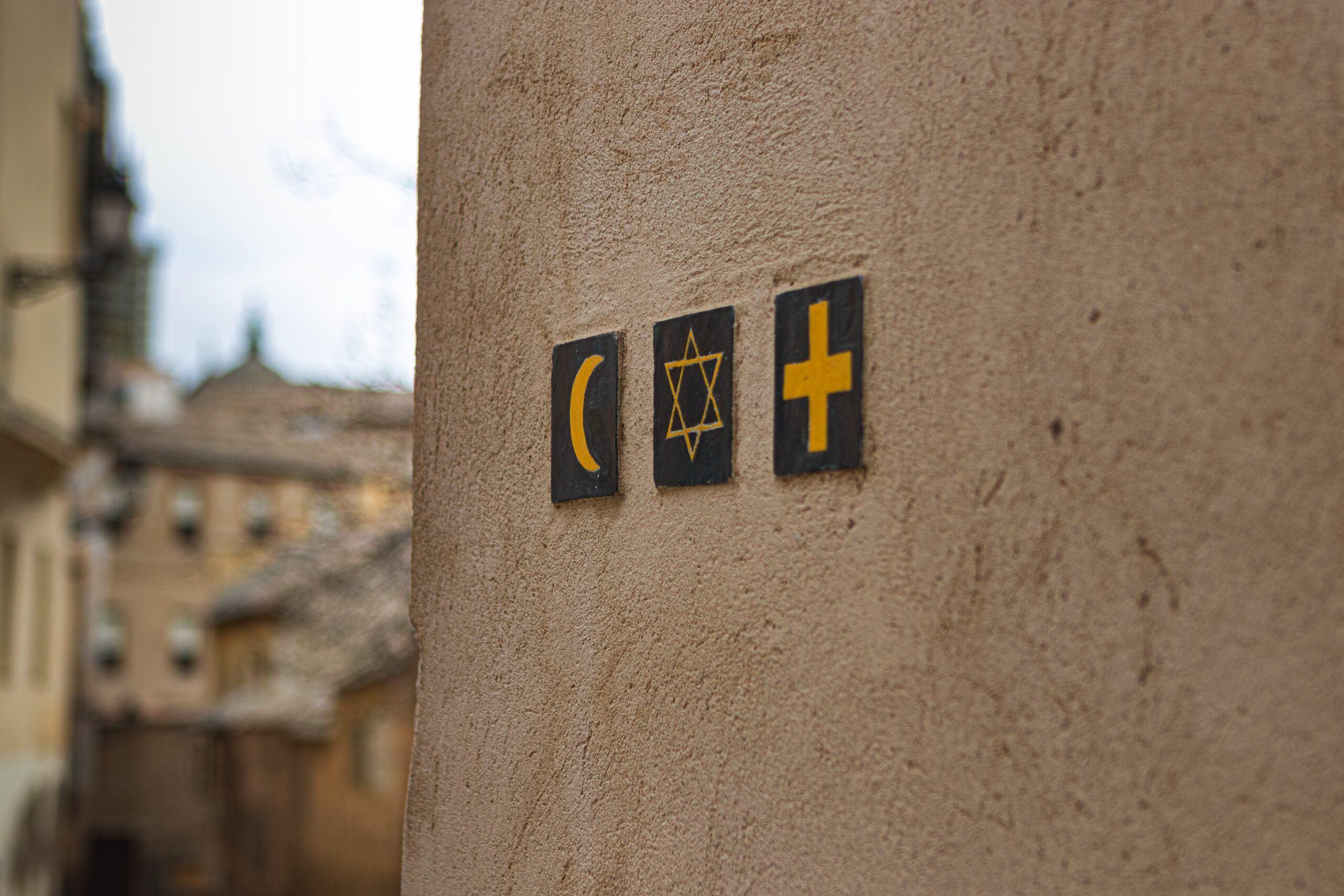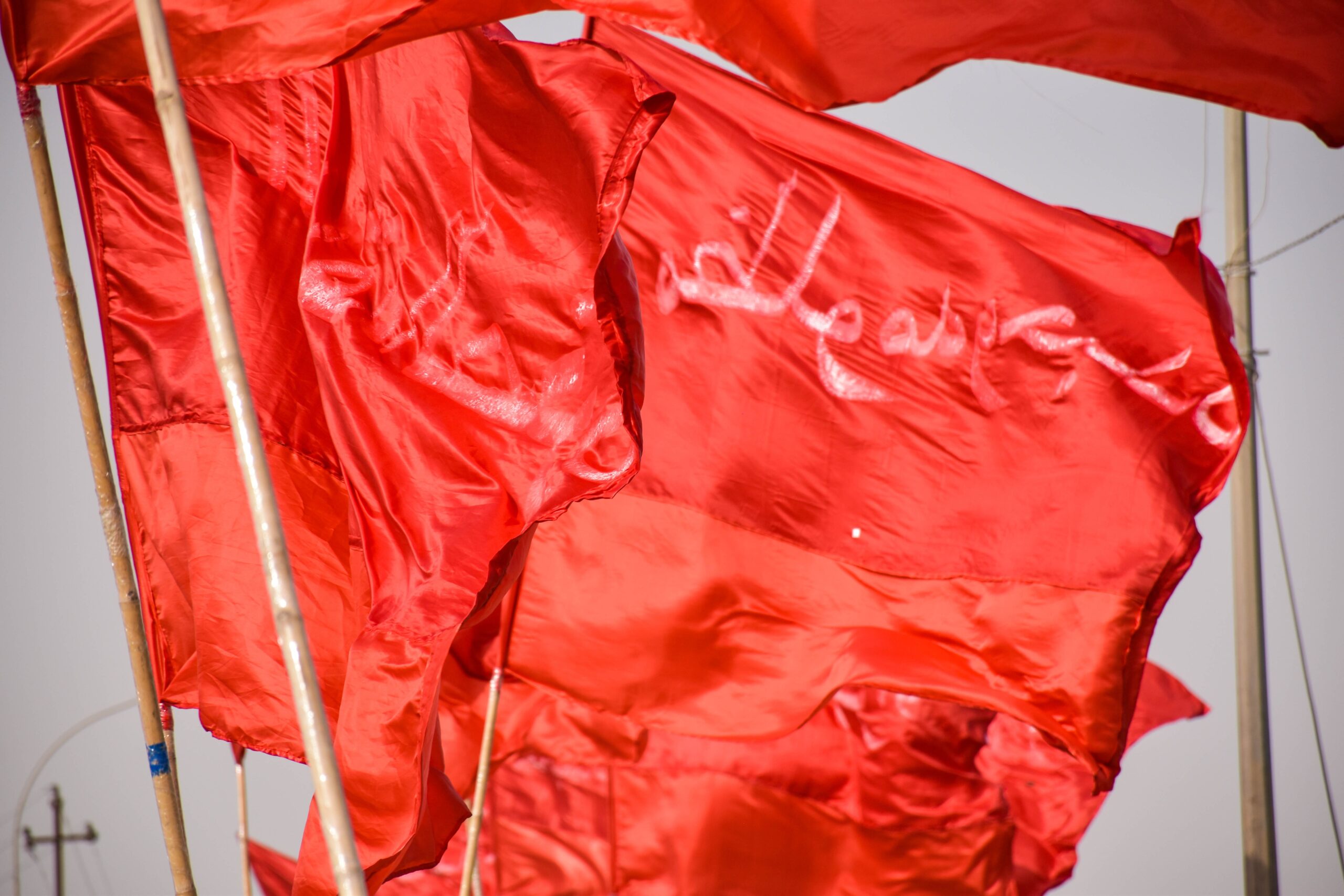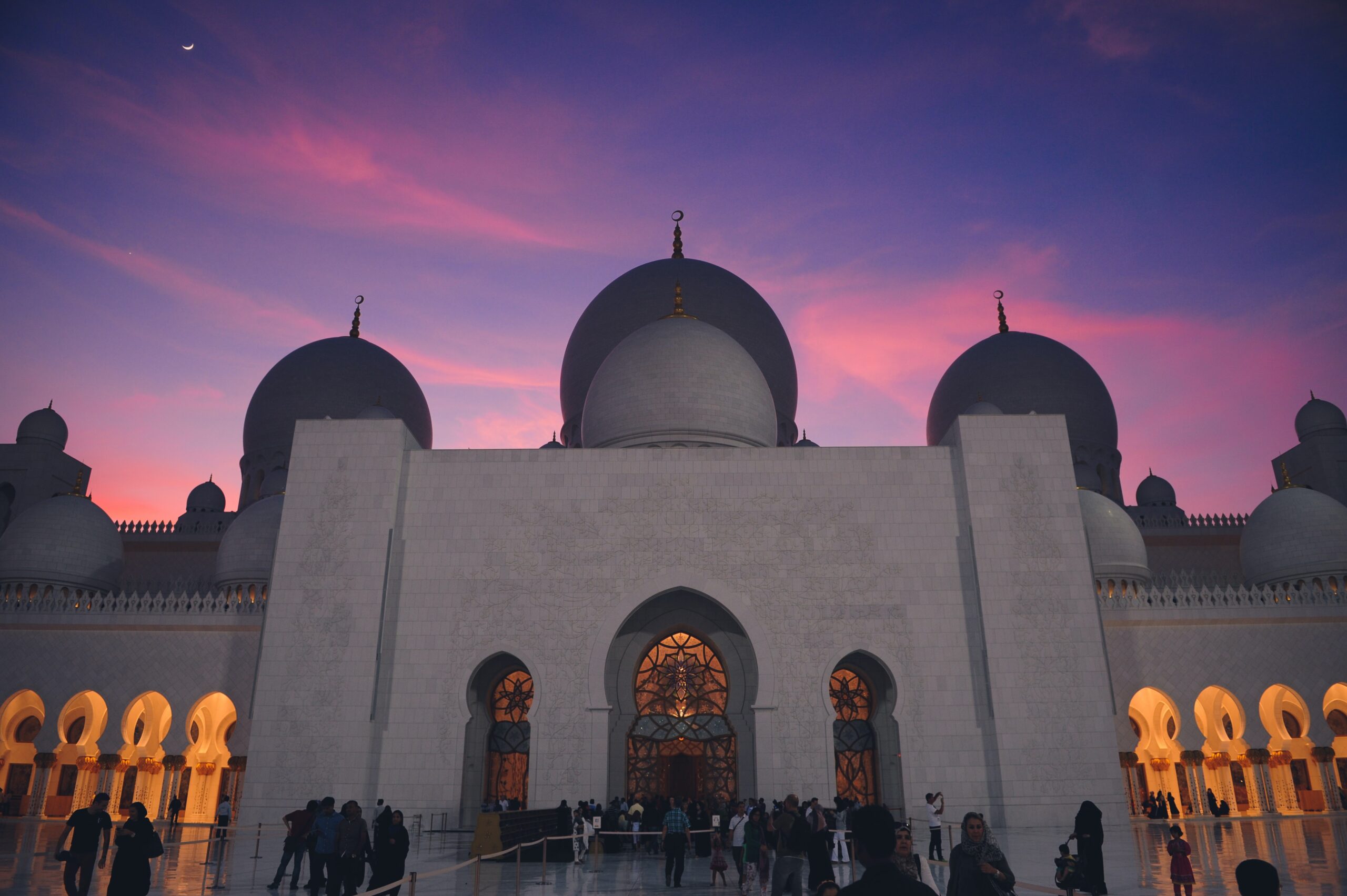
As for what kind of madhhab the Islamic schools in the United States are guided by, the expediency of this and the most optimal forms of presenting students with an idea of the meaning and significance of the madhhabs has yet to be studied in detail by the Muslim thinkers of North America.
The fact is that, although the founders and administrative staff of the school may adhere to a certain madhhab, be well versed in the issues and subtleties of one or another direction of fiqh, they try not to impose their adherence to one or another school of law on students.

Pupils and students of American Islamic educational institutions come from various regions of the world, where Muslims traditionally adhere to one or another school of law. However, in the United States, they have the opportunity to get acquainted with various madhhabs, schools of legal thought, and leading Islamic scholars. At the same time, in the educational process, not a single madhhab stands out from the general row of others, so that children can get the most complete picture of the scientific, legal and cultural heritage of Islam.
Priority education
Among American Muslims, there is also another key problem, which concerns the lack of attention and care that Muslim parents show for the Islamic education of their children. Many Muslims, being forced to work hard in order to provide for and feed their families, unfortunately, overshadow the issues of protecting their own religious beliefs, Islamic consciousness and upbringing.

Therefore, one of the priority tasks facing our North American brothers is to pay due attention not only to children, but also to Muslim parents.
Fathers and mothers of future Islamic generations should realize the paramount importance of Islamic education for their children, find an opportunity to give priority to this, and not to endlessly improving their living conditions and buying expensive cars.

The priorities for the goals and needs in the life of a Muslim should be very clear. At the same time, in the educational process, not a single madhhab stands out from the general row of others.
And in this series of priorities, in the forefront, along with the preservation of life and the provision of elementary conditions for existence and security, proper Islamic upbringing and education must necessarily appear.
The adult generation of Muslims, not only in the United States, but throughout the rest of the world should pay closer attention to the preservation, increase and development of their faith, knowledge and understanding of their religion, learn to donate and spend their time and wealth on improving the quality and accessibility of Islamic education.











